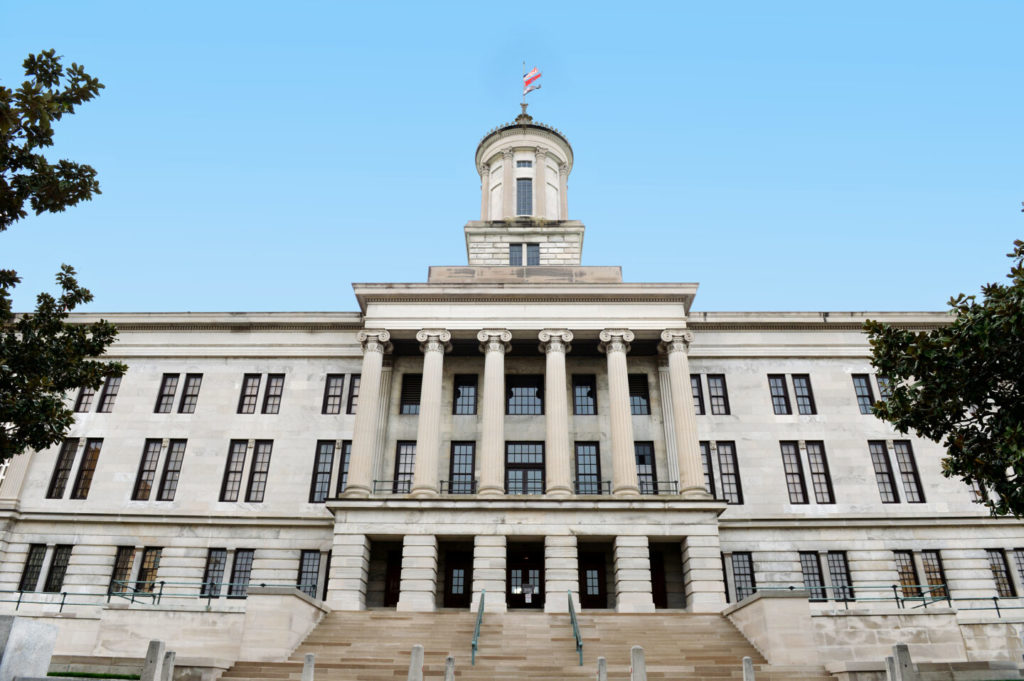Tennessee Legislature approves ESA expansion after Knox County removed
(The Center Square) – Tennessee’s educational savings account pilot expansion will now include just Hamilton County after a discrepancy between the state’s House and Senate led to the removal…

(The Center Square) – Tennessee’s educational savings account pilot expansion will now include just Hamilton County after a discrepancy between the state’s House and Senate led to the removal of Knox County from the program.
The Senate did not concur on the House version of the bill and then, on Friday, the House voted to remove Knox County from its version of the bill before the Senate version passed 57-27. The bill now expands the program to just Hamilton County.
Senate Bill 12 will now head to the desk of Gov. Bill Lee.
“This is a disappointing and unacceptable outcome,” said Tori Venable, Tennessee State Director for the Americans for Prosperity. “Once again at the last minute, Knoxville parents and students are left out in the cold while educational freedom is expanded in other parts of the state. Americans for Prosperity – Knoxville parents – won’t forget who is responsible for this vote.”
Knoxville was considered as part of the original 2019 voucher program but later removed. The pilot ESA/voucher program originally passed in 2019 but was blocked in the court system until late last summer.
The Senate passed the bill in March while the House version was later amended to include Knox County.
“It’s disappointing to say the least,” said AFP East Tennessee Grassroots Director Mike Sweeney. “Lawmakers need to think of all the parents they let down by eliminating Knox County at the 11th hour once again.”
Rep. Mark White, R-Memphis, said 500 students in Davidson and Shelby counties have enrolled in the first year of the pilot program while 1,500 other families have applied.
Rep. Yusuf Hakeem, D-Chattanooga, objected to the Hamilton County expansion and told White he believed the county was only included because Senate sponsor Todd Gardenhire, R-Chattanooga, had requested it.
The two versions do not change the number of students who can be admitted to the statewide program each year, which started with 5,000 this year then is 7,500 in the second year before growing to 10,000, then 12,500 and 15,000 students in the fifth year.
Families must have an annual household income that does not exceed twice the federal income eligibility guidelines for free lunch to be eligible. They also must attend a school district with at least three schools identified as a priority school in 2015 and 2018 and must have been among the bottom 10% of schools as identified by the Department of Education in 2017.
The first ESAs were estimated to be worth $7,572 in the first year and then grown to be $8,684.


